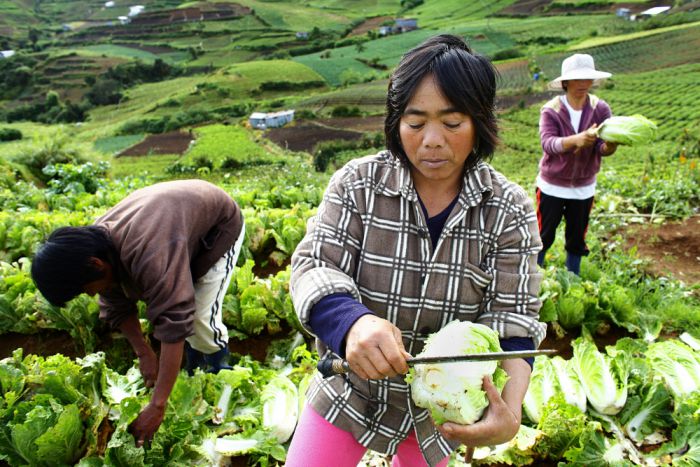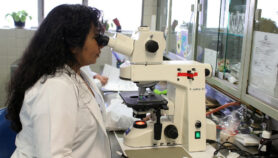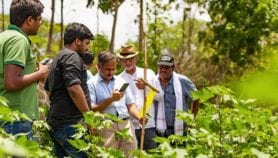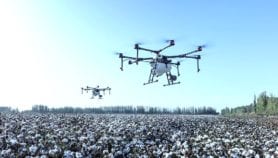By: Fatima Arkin
Send to a friend
The details you provide on this page will not be used to send unsolicited email, and will not be sold to a 3rd party. See privacy policy.
[SINGAPORE] Three international development institutions are working together to design an information and communications technology (ICT) platform for agricultural development in line with the G20’s latest call to facilitate sustainable agricultural development during their meeting in Hangzhou, China (4-5 September).
The International Food Policy Research Institute (IFPRI), Food and Agriculture Organization of the UN (FAO) and the Organisation for Economic Co-operation and Development (OECD) are currently doing an assessment of ICT cellular applications for farmers, non-cellular ICT applications and existing platforms, policy implications relating to governance and regulation, and potential mechanisms for scaling up.
“This monitoring mechanism will allow to assure accountability and to measure progress in the different initiatives.”
Maximo Torero, IFPRI
The platform being designed will build upon IFPRI’s 2014 assessment of the effects of ICTs on agricultural development. The review found that access to mobile phones has generally improved agricultural market performance at the macro level but impacts at the micro level are mixed. The rollout of extension programmes through ICTs is still at the early stage with minimal research conducted in terms of their impact.
“Both connectivity and content need to progress simultaneously to witness positive gains, requiring sustained investment by both the public and private sector,” Maximo Torero, IFPRI director for markets, trade and institutions, tells SciDev.Net on the use and potential of ICTs in agriculture.
Following two days of meetings, the G20 leaders issued a communiqué stating that the world’s 20 largest economies will “continue to prioritise its work on food security, nutrition, sustainable agricultural growth and rural development as a significant contribution to implementing the 2030 Agenda for Sustainable Development”.
This follows the third G20 agriculture ministers meeting in Xi’an, China (3 June), which issued its own communiqué. The first agriculture ministers meeting was held in 2011 in Paris to discuss food price volatility and the second in 2015 in Istanbul to discuss food loss and waste.
“Communiqués are not directly ‘comparable’ but they ensure continuity in the G20’s actions in the area of food and agriculture,” Boubaker Ben-Belhassen, director of FAO’s trade and markets division, tells SciDev.Net. “They all take stock of current issues and identify common ground for the way forward.”
For the first time, the G20 agriculture ministers agreed in Xi’an to convene “regular” meetings but have yet to offer a schedule. “Considering that G20 countries represent 65 per cent of all agricultural land, 77 per cent of global cereal production and 80 per cent of world trade in agricultural products, this decision can have remarkable impact over the coming years,” says Ben-Belhassen.
Both Ben-Belhassen and Torero agree that the latest agriculture communiqué is comprehensive in terms of what has been agreed to. But Torero says it’s important to include a monitoring system to track all the initiatives that have started since the first agriculture ministers meeting.“This monitoring mechanism will allow to assure accountability and to measure progress in the different initiatives,” he adds.
This piece was produced by SciDev.Net’s South-East Asia & Pacific desk.
This article was made possible with support from Monsanto.














